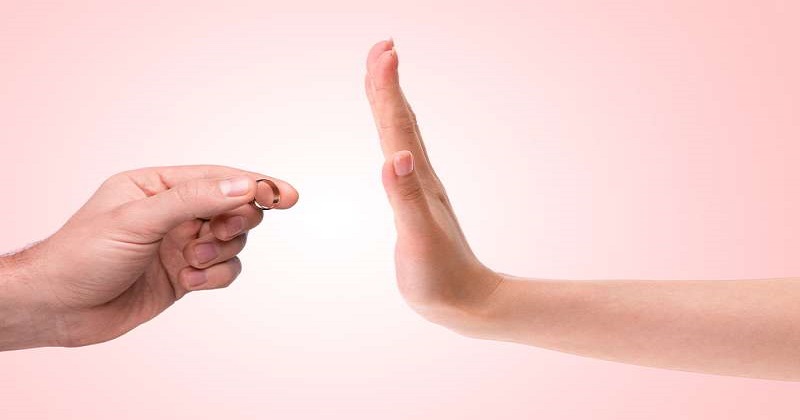
According to a government poll, one out of every four singles in their 30s in Japan do not want to marry owing to financial stress, loss of independence, and housework-related concerns. As per the poll, marriages in Japan fell to 514,000 last year, the lowest number since the conclusion of World War II in the 1940s.
Japan experienced a baby boom following World War II, but it only lasted two years, from 1947 to 1949. A second baby boom occurred from 1971 to 1974, although Japan’s population has been steadily declining. According to one source, the country’s population fell by 276,000 individuals in 2019. The government carried out the survey after collecting responses from 20,000 persons between the ages of 20 and 60. 54% of males and 62% of women in their 30s are married. The findings have been incorporated into the government’s white report on gender equality.
According to the poll, 26% of men and 25% of women prefer to stay single, while 46% of both men and women in their 30s want to marry. More women than men stated that they did not want to perform housework, citing childcare as the key reason for not marrying, despite the fact that both sexes stated that they did not want to give up their independence. The biggest reason given by men for not marrying was a lack of financial means and job uncertainty.
Japan has been dealing with an ageing population for many years. According to a UN assessment, Japan is the world’s most elderly country and will remain so until 2050. According to a previous European Parliament assessment, the Japanese population has been declining since 2011, with the country housing a record 80,000 centenarians.

Post Your Comments